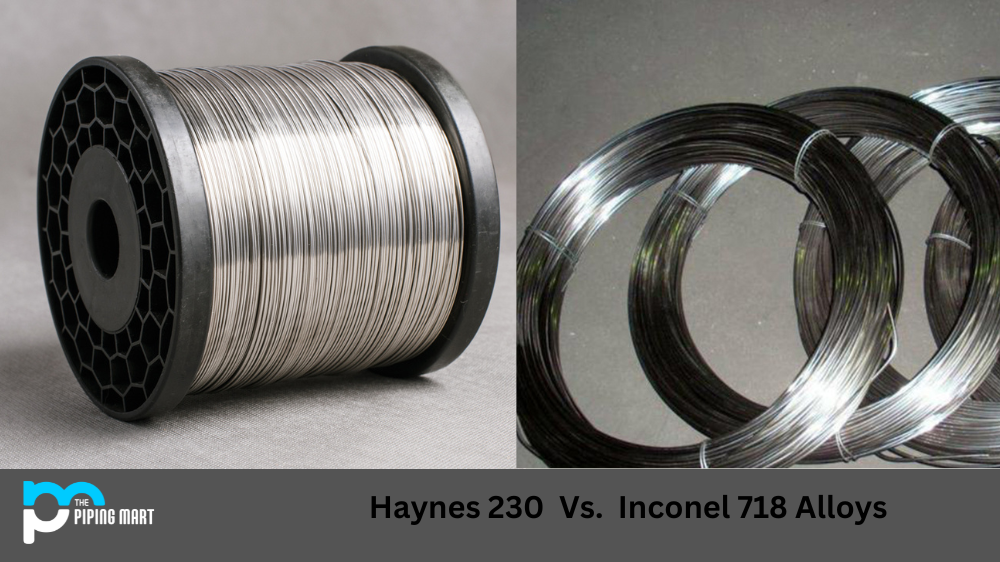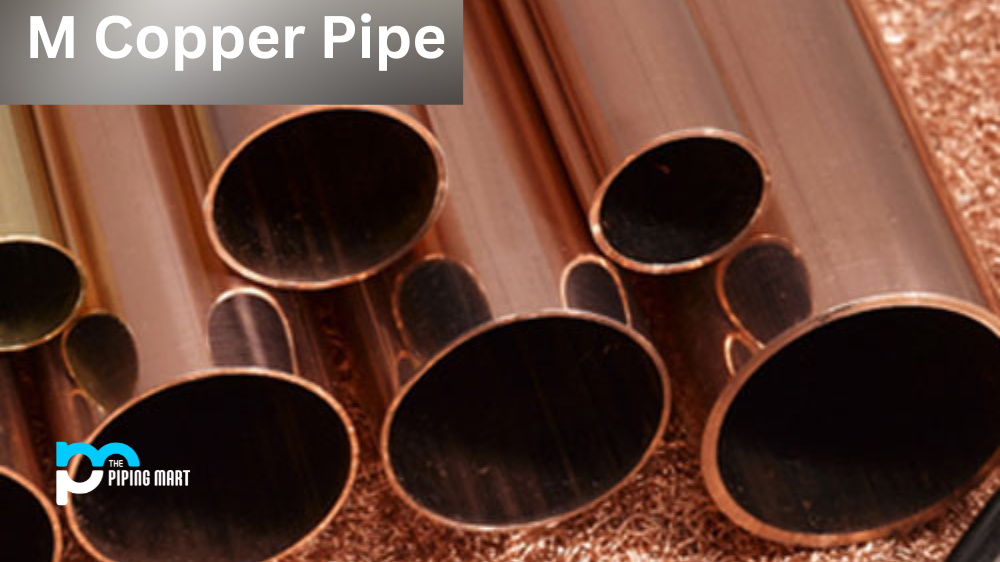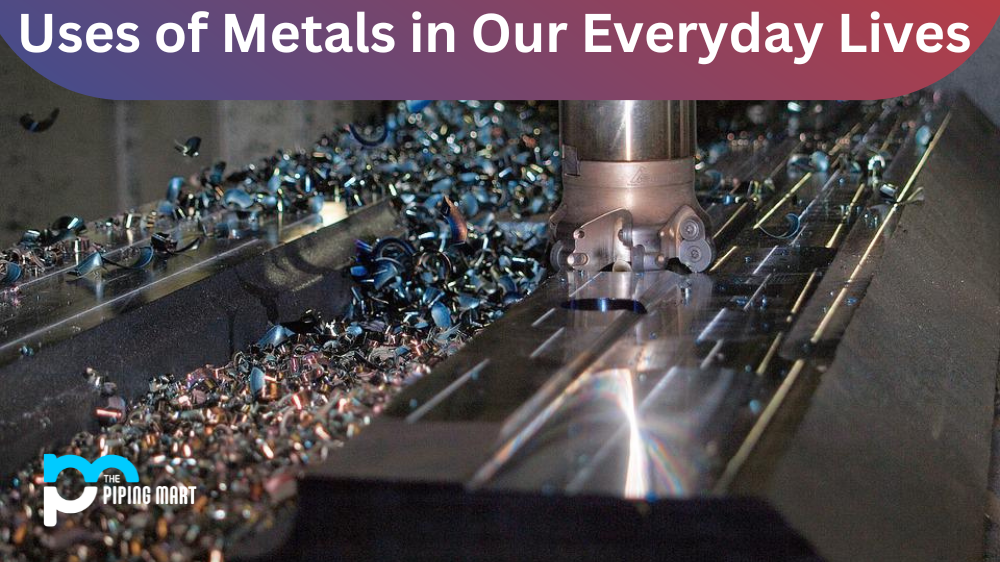If you’re looking for a high temperature, corrosion-resistant alloy, consider Haynes 230 or Inconel 718. Both of these nickel-based alloys offer superior strength and resistance to oxidation in extreme temperatures, but there are some key differences between the two that make them better suited for different applications.
Differences in Composition
The primary difference between Haynes 230 and Inconel 718 is their composition. Inconel 718 contains chromium, niobium, iron, and molybdenum in addition to nickel. The presence of these additional elements allow it to retain its strength at higher temperatures than Haynes 230 while also providing better corrosion resistance. The downside is that it is more expensive to produce than Haynes 230 due to the additional elements required.
On the other hand, Haynes 230 is composed primarily of nickel with small amounts of cobalt and chromium added for improved corrosion resistance. While less intense than Inconel 718 at higher temperatures, Haynes 230 is significantly cheaper due to its more straightforward composition. This makes it an excellent option for applications that don’t require the same level of performance as Inconel 718 but still need superior heat resistance and corrosion protection.
Uses for Each Alloy
In general, Inconel 718 is best suited for applications where high temperatures are involved such as jet engines or gas turbines. Its combination of strength and corrosion resistance make it ideal for these applications since it can withstand both the heat generated by these machines as well as any corrosive elements they might encounter in their environment. Additionally, its relatively low coefficient of thermal expansion makes it suitable for use in components that require precision machining such as gears and bearings. On the other hand, Haynes 230 is better suited for less demanding applications such as exhaust systems or furnace parts due to its lower cost and good temperature performance up to 1000°F (538°C). It can also be used in medical implants because its cobalt content helps provide superior wear resistance over other alloys like stainless steel or titanium alloys.
Conclusion:
When deciding between Haynes 230 and Inconel 718 alloys, consider your application’s unique needs carefully before making a decision. While both alloys offer excellent strength at high temperatures and excellent corrosion resistance, their composition makes them better suited for different uses depending on your specific requirements. If you need an alloy with superior strength at high temperatures then Inconel 718 may be the best choice; however, if cost is a significant concern, consider using Haynes 230 instead—it may provide adequate performance at a fraction of the price!

A passionate metal industry expert and blogger. With over 5 years of experience in the field, Palak brings a wealth of knowledge and insight to her writing. Whether discussing the latest trends in the metal industry or sharing tips, she is dedicated to helping others succeed in the metal industry.




